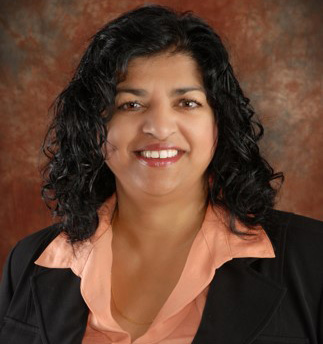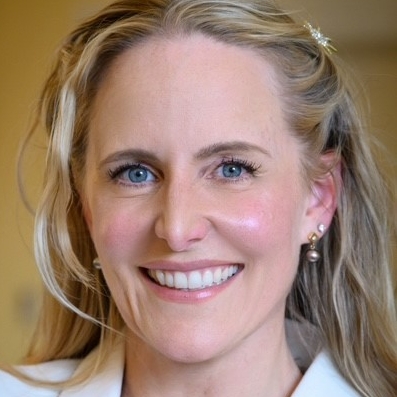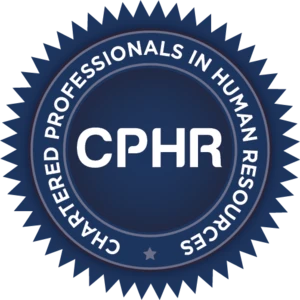Thursday, November 20, 2025
Bargaining in the Broader Public Sector Conference
Breakfast and Registration: 8:00 am – 9:00 am
Introductory remarks: 9:00 am – 9:05 am
Break: 10:05 am – 10:20 am
Break: 11:35 am – 11:50 am
Networking Lunch: 12:20 pm – 1:20 pm
Break: 2:30 pm – 2:45 pm
Closing Remarks: 4:00 pm
Friday, November 21, 2025
Labour Arbitration and Policy Conference
Breakfast and Registration: 8:00 am – 9:00 am
Introductory remarks: 9:00 am – 9:05 am
Break: 10:20 am – 10:35 am
Break: 11:05 am – 11:20 am
Networking Lunch: 12:30 pm – 1:30 pm
Break: 2:15 pm – 2:30 pm
Closing remarks: 3:45 pm – 4:00 pm
Register
Vancouver Bargaining in the Broader Public Sector Conference
$1,395.00Add to cart
Vancouver Labour Arbitration and Policy Conference
$1,395.00Add to cart
Vancouver Bargaining in the Broader Public Sector Workshop
$1,395.00Add to cart
Vancouver Labour Arbitration and Policy Conference & Bargaining in the Broader Public Sector Conference
$2,295.00Add to cart
Vancouver Labour Arbitration and Policy Conference & Bargaining in the Broader Public Sector Conference – Bundle
$2,995.00Select options This product has multiple variants. The options may be chosen on the product page
Wednesday, November 19, 2025
Workshops
(The schedule will run concurrently for all workshops)
Bargaining In The Broader Public Sector Conference Workshop
Labour Arbitration And Policy Conference Workshop
Register
Vancouver Bargaining in the Broader Public Sector Conference
$1,395.00Add to cart
Vancouver Labour Arbitration and Policy Conference
$1,395.00Add to cart
Vancouver Bargaining in the Broader Public Sector Workshop
$1,295.00Add to cart
Vancouver Labour Arbitration and Policy Conference & Bargaining in the Broader Public Sector Conference
$2,295.00Add to cart
Vancouver Labour Arbitration and Policy Conference & Bargaining in the Broader Public Sector Conference – Bundle (Conference + Workshop)
$2,995.00Select options This product has multiple variants. The options may be chosen on the product page
Bargaining in the Broader Public Sector Conference
Conference Co-chairs
Conference Advisory Committee
Labour Arbitration and Policy Conference
Conference Co-chairs
Conference Advisory Committee
CPD















































